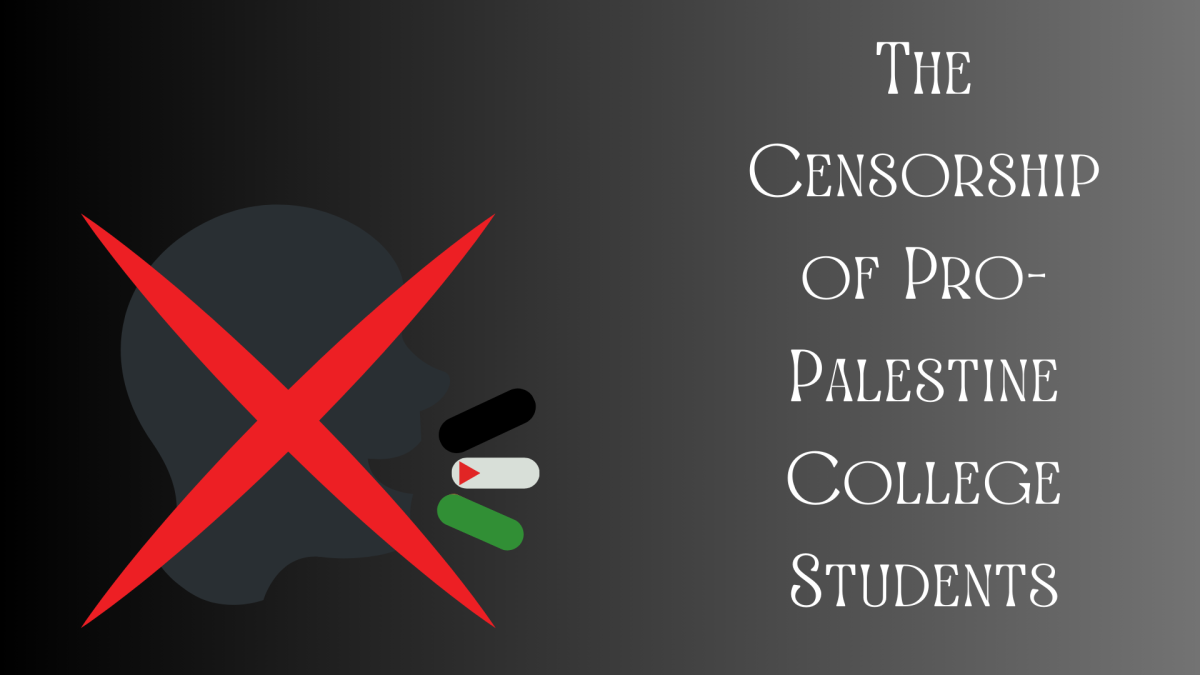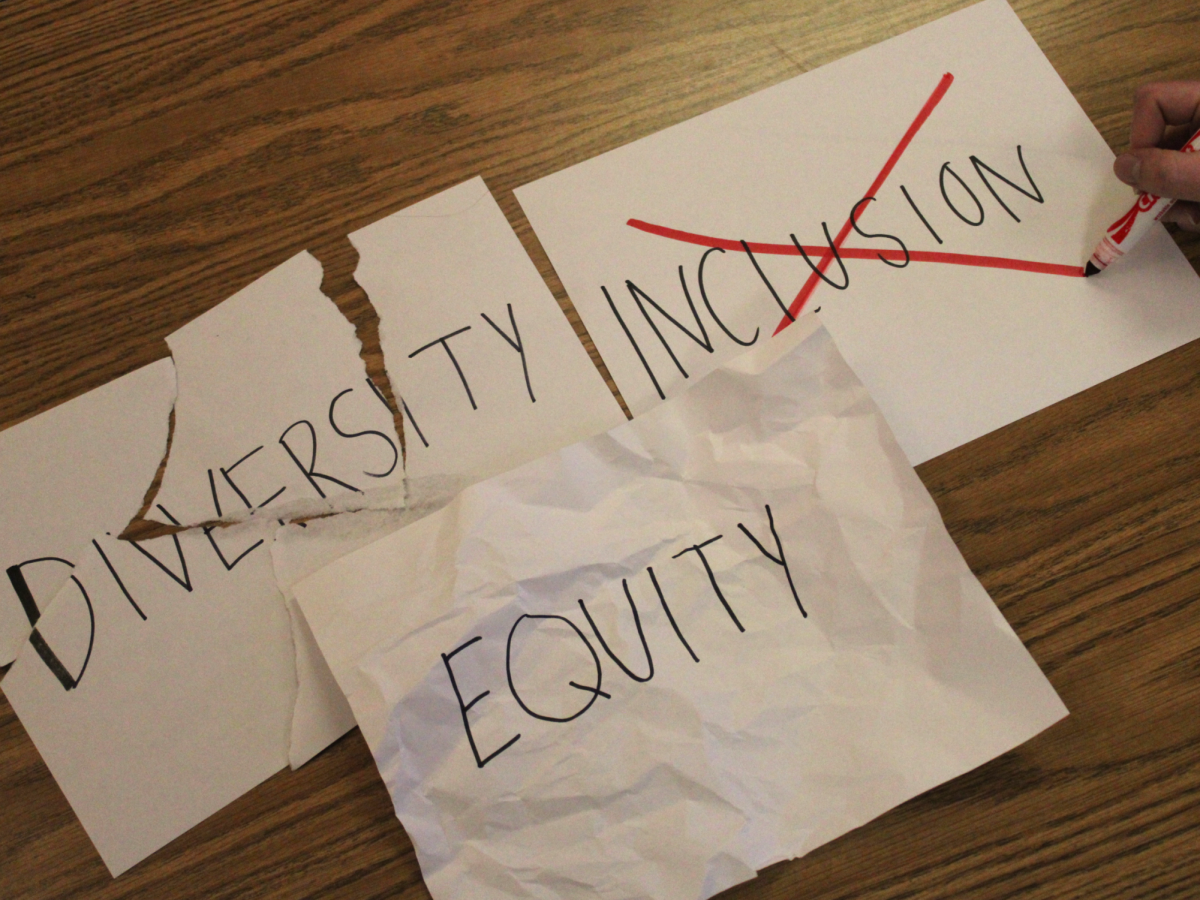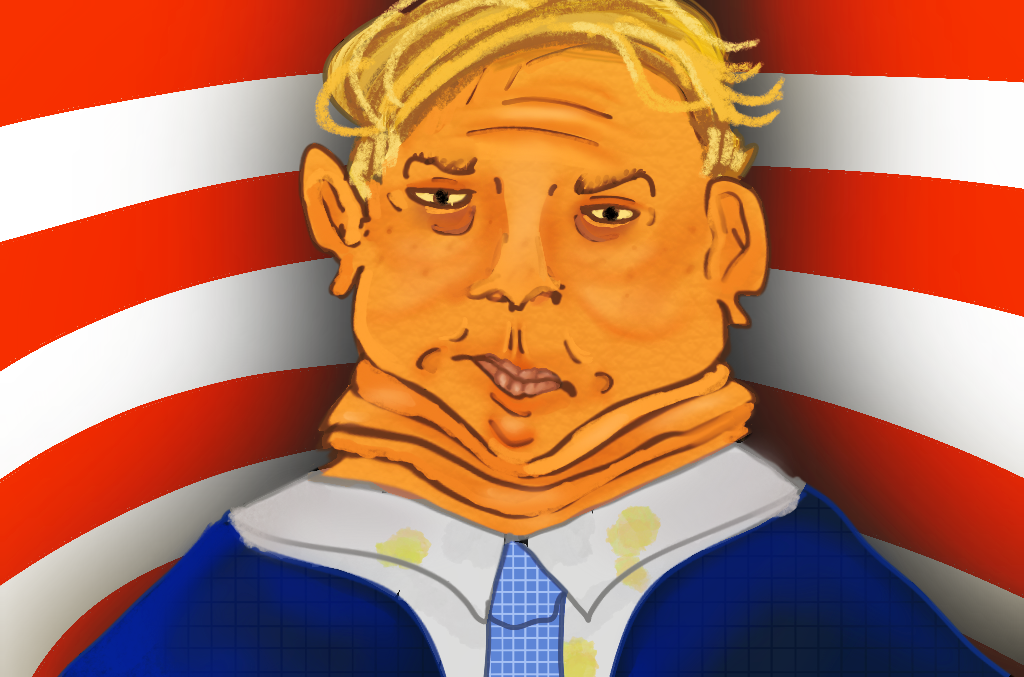Ranked number 28 out of 439 national universities, the University of Southern California (USC) stands as one of America’s most elite and prestigious universities. With over 12,000 international students admitted for the class of 2023 and a high population of minority-race students, USC stands as a highly diverse university. Due to their diverse student population, people felt surprised to see the school cancel a commencement speech by its 2024 valedictorian due to her public support of Palestinians. With a highly diverse student body also comes a highly diverse set of views, so one’s political support should not prevent them from publicly speaking at their commencement ceremony, as it violates fundamental human rights.
“It has been a roller coaster, and I would say that’s the best way to describe it. It’s a very unstable set of feelings and emotions. I stand by exactly what I stand by. It is the very values and the very lessons USC taught me that I stand by, and I don’t believe it’s ironic for me to minor in something called resistance to genocide, and then speak out on it and then be revoked because I’m penalized for something that people have an issue with,” USC valedictorian Asna Tabassum said.
As the number of dead Palestinians has surpassed 30,000 in the Israel-Hamas conflict, people around the world have used their voices to fight for the lives of Palestinians through social media, public speeches and other forms of advocacy. College campuses have stood as a breeding ground for protests over the war, which began following Hamas’ deadly October 7 attack on Israel that killed 1,200 Israelis. Advocates like Tabassum use their voices to speak publicly about their thoughts on the conflict. Andrew T. Guzman, provost and senior vice president for academic affairs for USC, feared that Tabassum’s speech would have presented “substantial” security risks for the event. Others may agree with him and believe that Tasbassum’s history of publicly speaking about Palestine puts her in near danger. The biomedical engineering student, who will also graduate with a minor in resistance to genocide does not believe the safety claims justify the abrogation of her commencement speech as university officials have failed to provide specific answers.
“They’re starting to crack down on some of the pro-Palestinians because they believe they are interfering with others’ education. That’s where they can do something, but otherwise, you have a right to say what you want but that comes with consequences and that’s what the universities are struggling with right now how do we allow protesting to go on while also protecting students and their well-being? The number one responsibility is the safety of students,” Advanced Placement (AP) Government and Politics teacher Scott Trepaniar said.
As Americans, the United States Constitution protects the right of freedom of speech through the First Amendment. The First Amendment also protects speech even on college and university campuses. Knowing that someone has publicly spoken about a sensitive topic and using that as a reason to prevent them from speaking at graduation — a moment that almost all valedictorians look forward to — stands as a clear violation of the First Amendment. The main categories of speech that the First Amendment does not protect Americans against include obscenity, fighting words and threats. The threat, however, must stand as a clear and harmful threat, such as assault threats or terroristic threats. A college student with strong opinions speaking publicly about a devastating topic that affects thousands does not equate to a true threat.
Zach Greenberg, a First Amendment attorney with the National Foundation for Individual Rights and Expression (FIRE) believes that universities should not cancel events that could appear as censorship, especially one as prominent and significant as a commencement speech. Greenberg does, however, believe if universities wish to cancel a commencement speech because of censorship, they must specify security concerns to warn the public for their own interest.
Since Brown v. Board of Education, America has come a long way in providing equal opportunity for people of color (POC) in schools by creating affirmative action, funding Historically Black Colleges and Universities (HBCUs) and even dedicating thousands of scholarships towards minorities. However, colleges have undone the work put in place to help minorities achieve a higher education. Harvard University pressured its first Black President to resign, Duke University ended full scholarships for Black students, Columbia University arrested students for protesting war crimes and the Supreme Court overturned affirmative action. These recent events demonstrate how America has taken several steps backward in promoting higher education for students who have historically faced barriers that prevented them from pursuing their goals.











